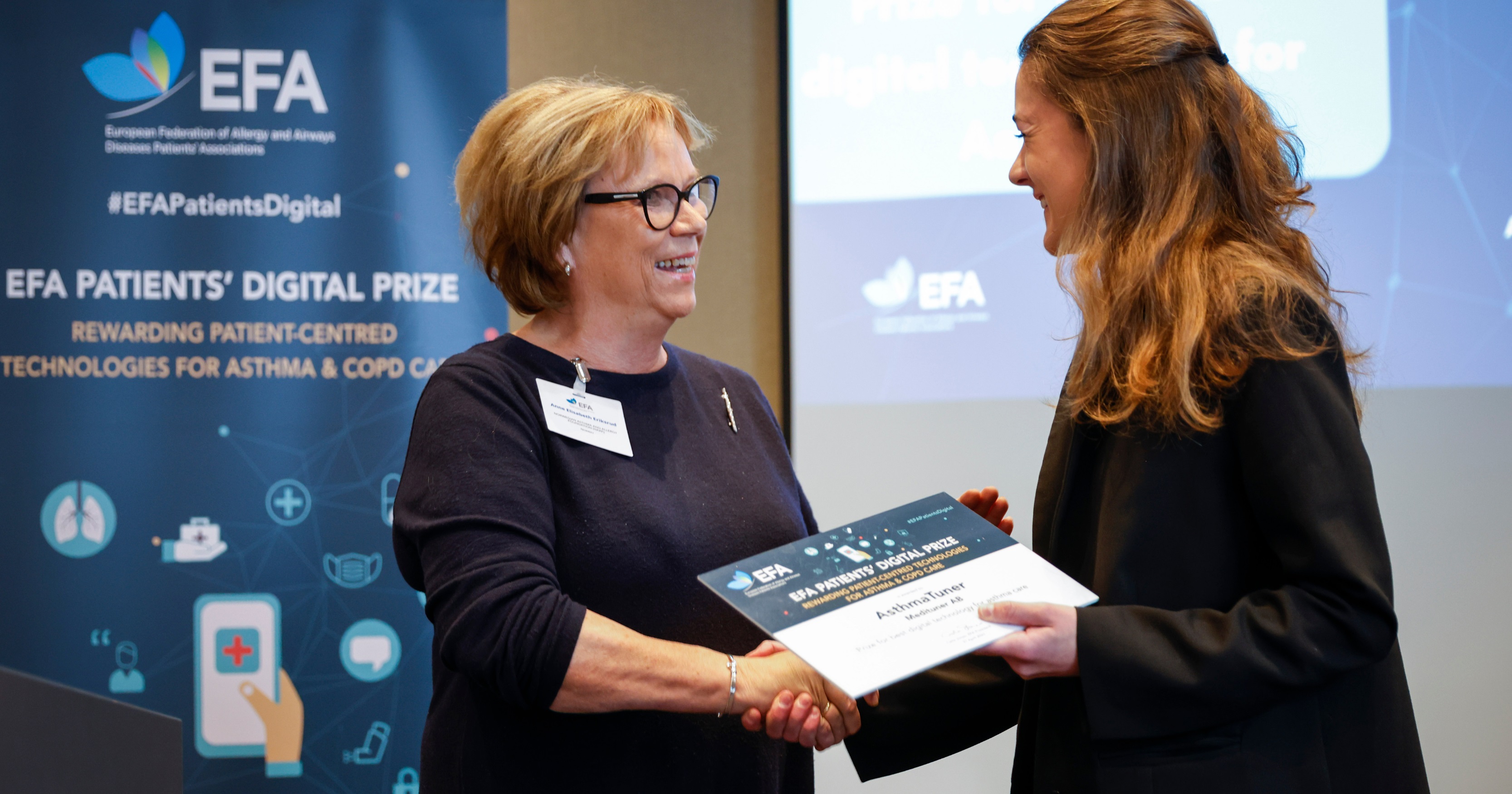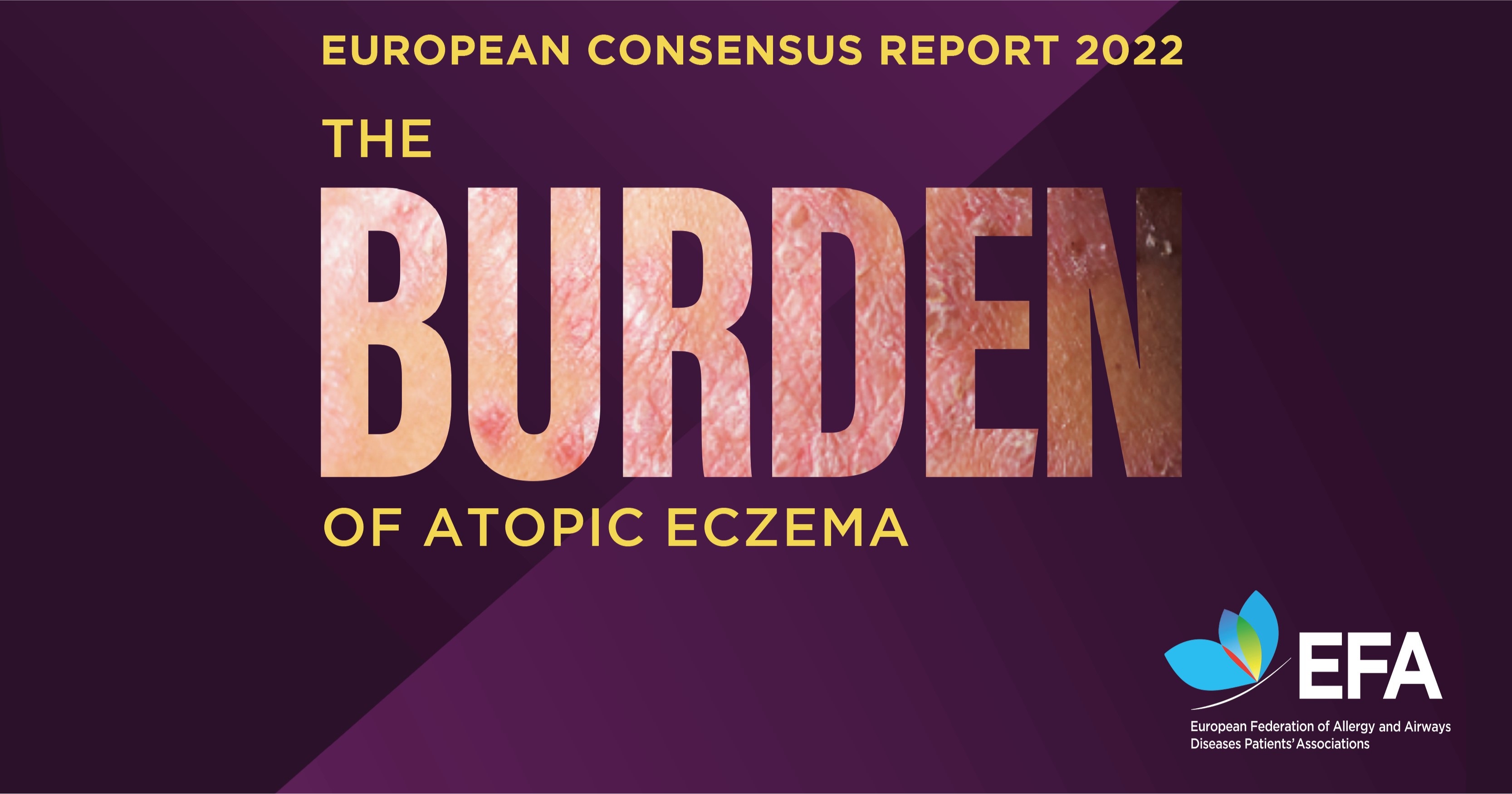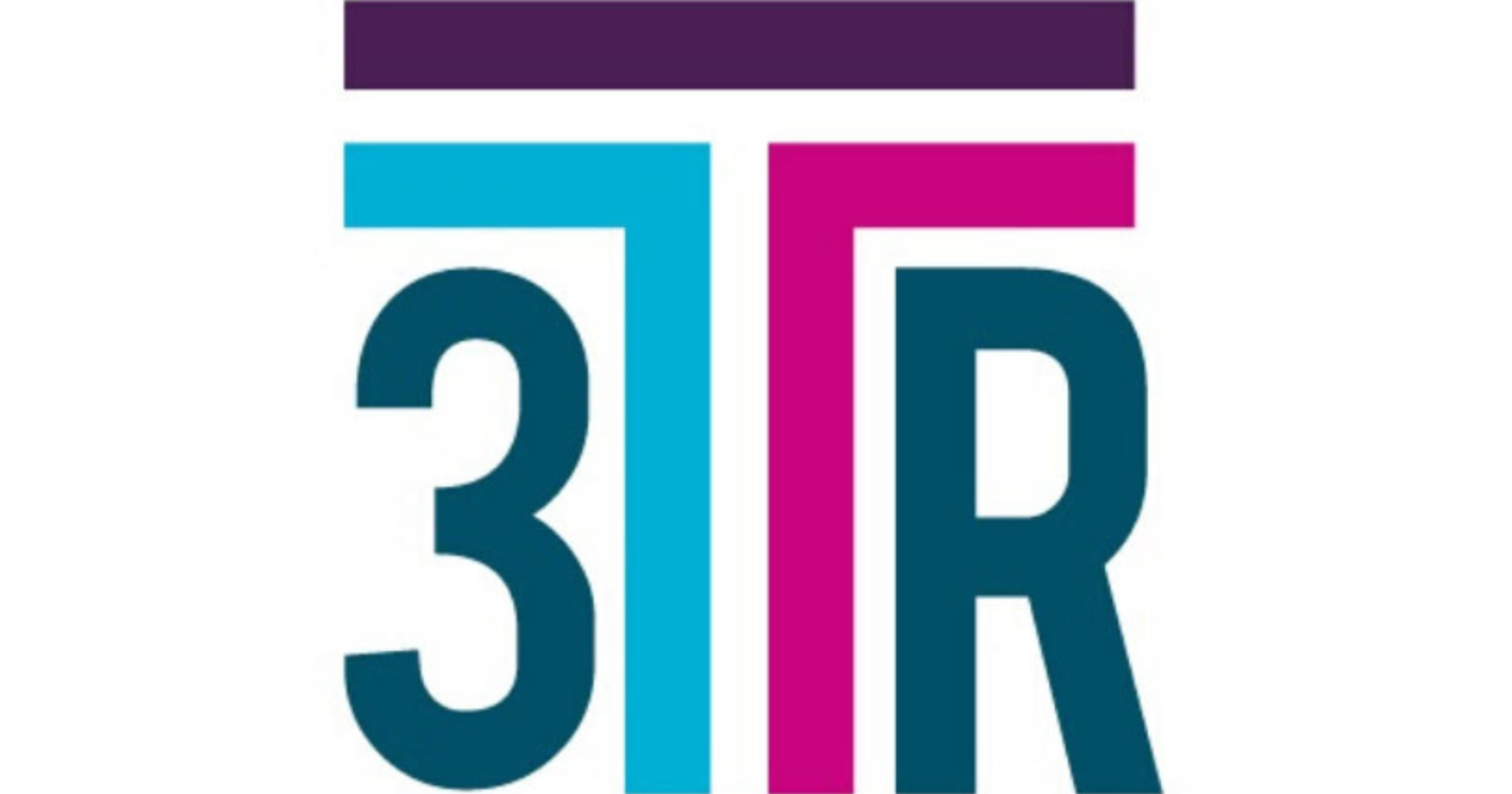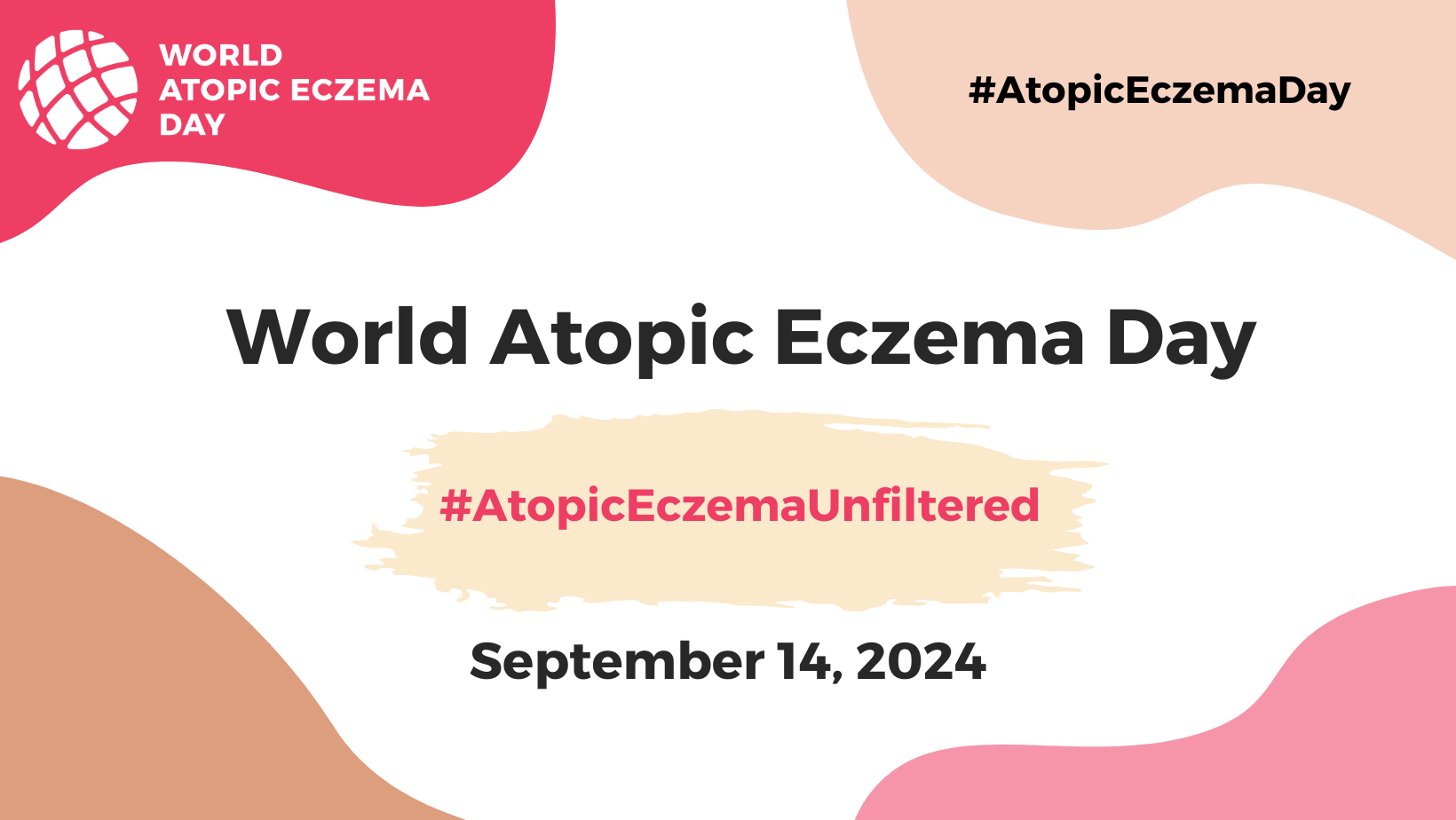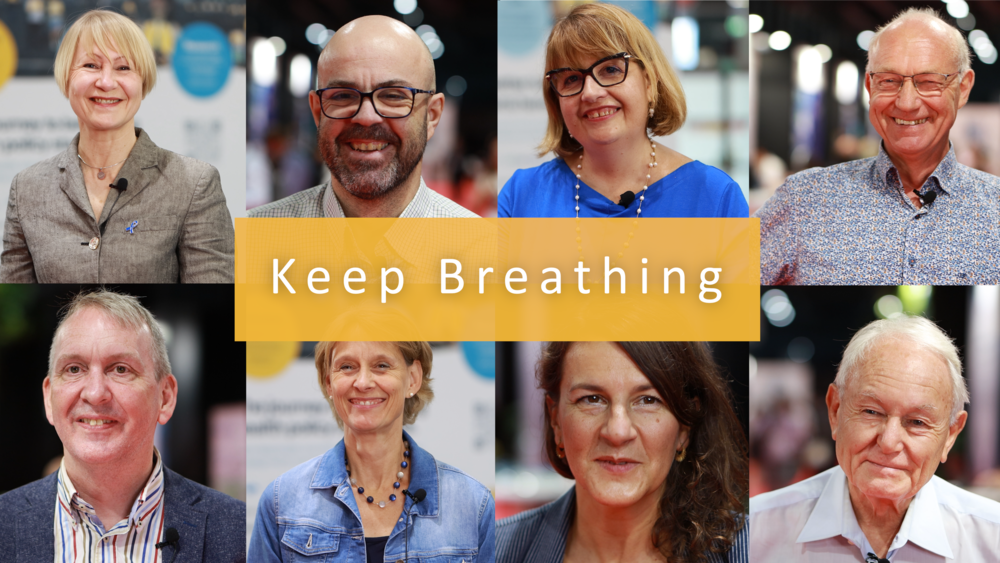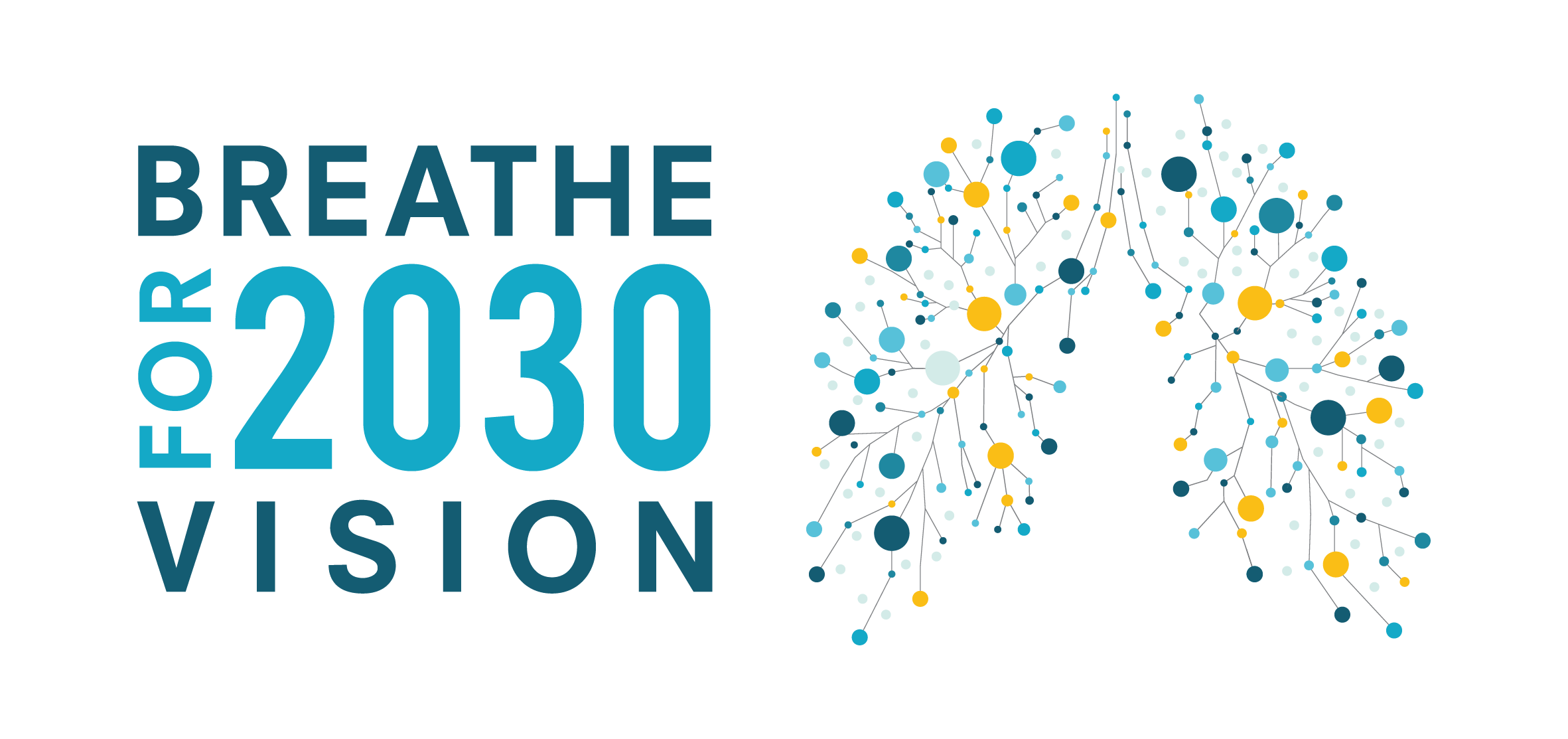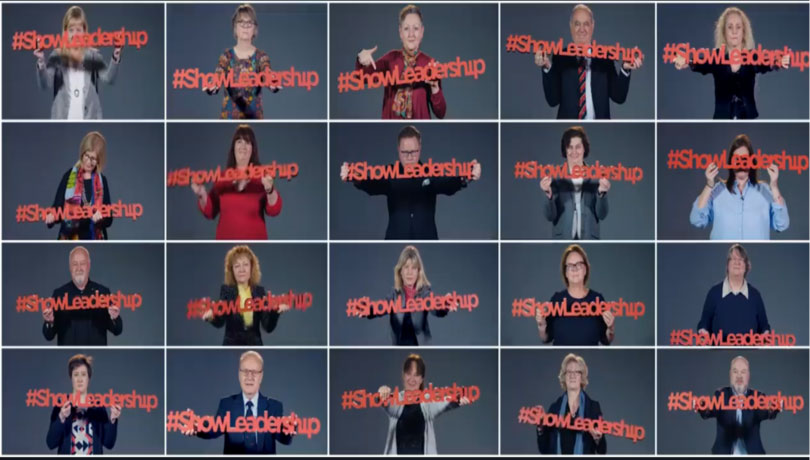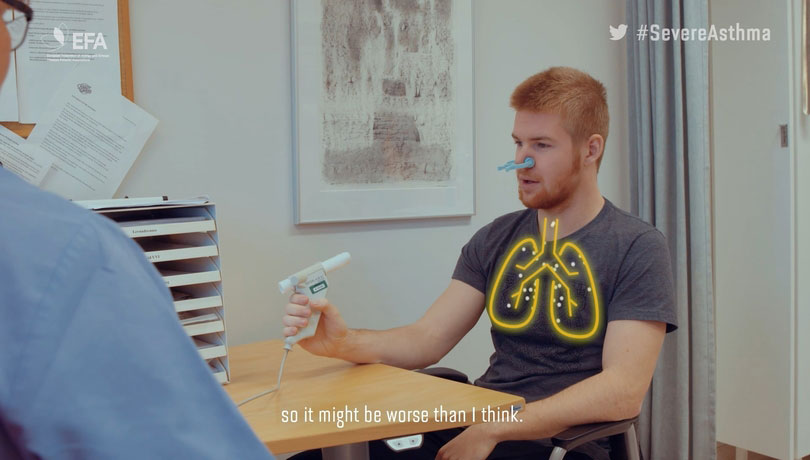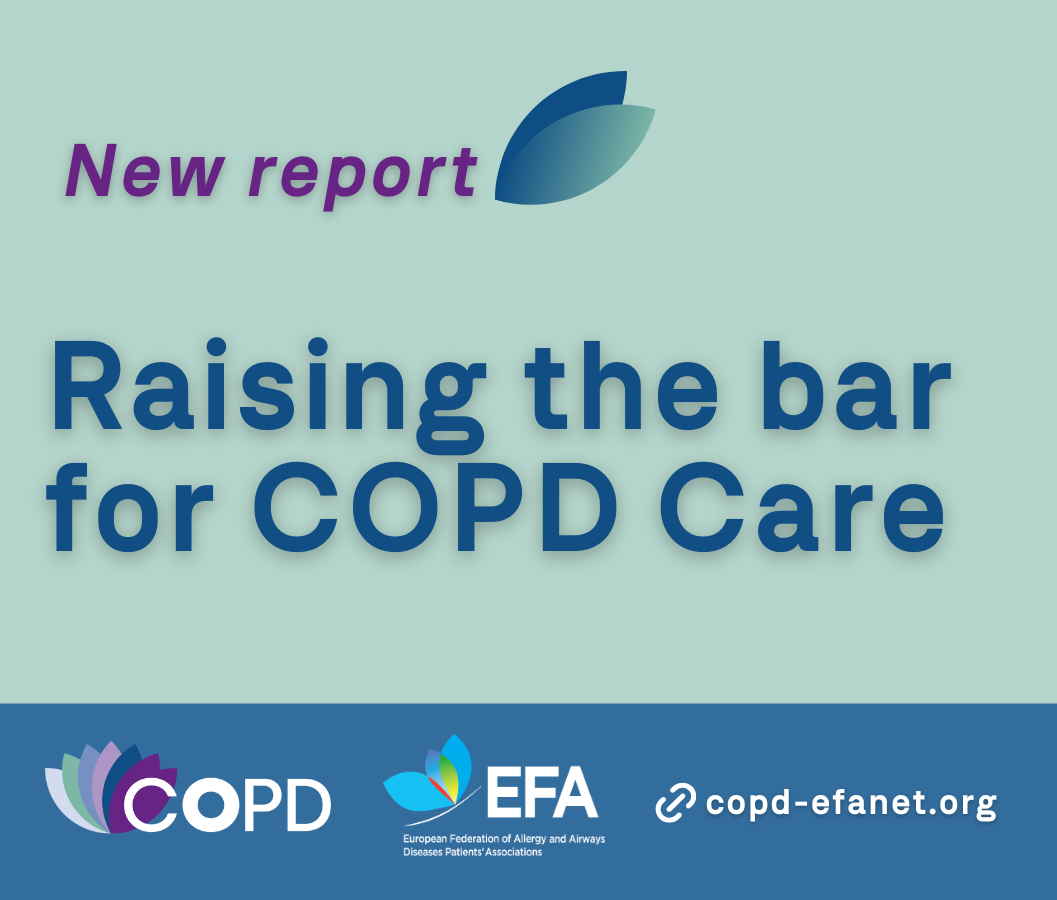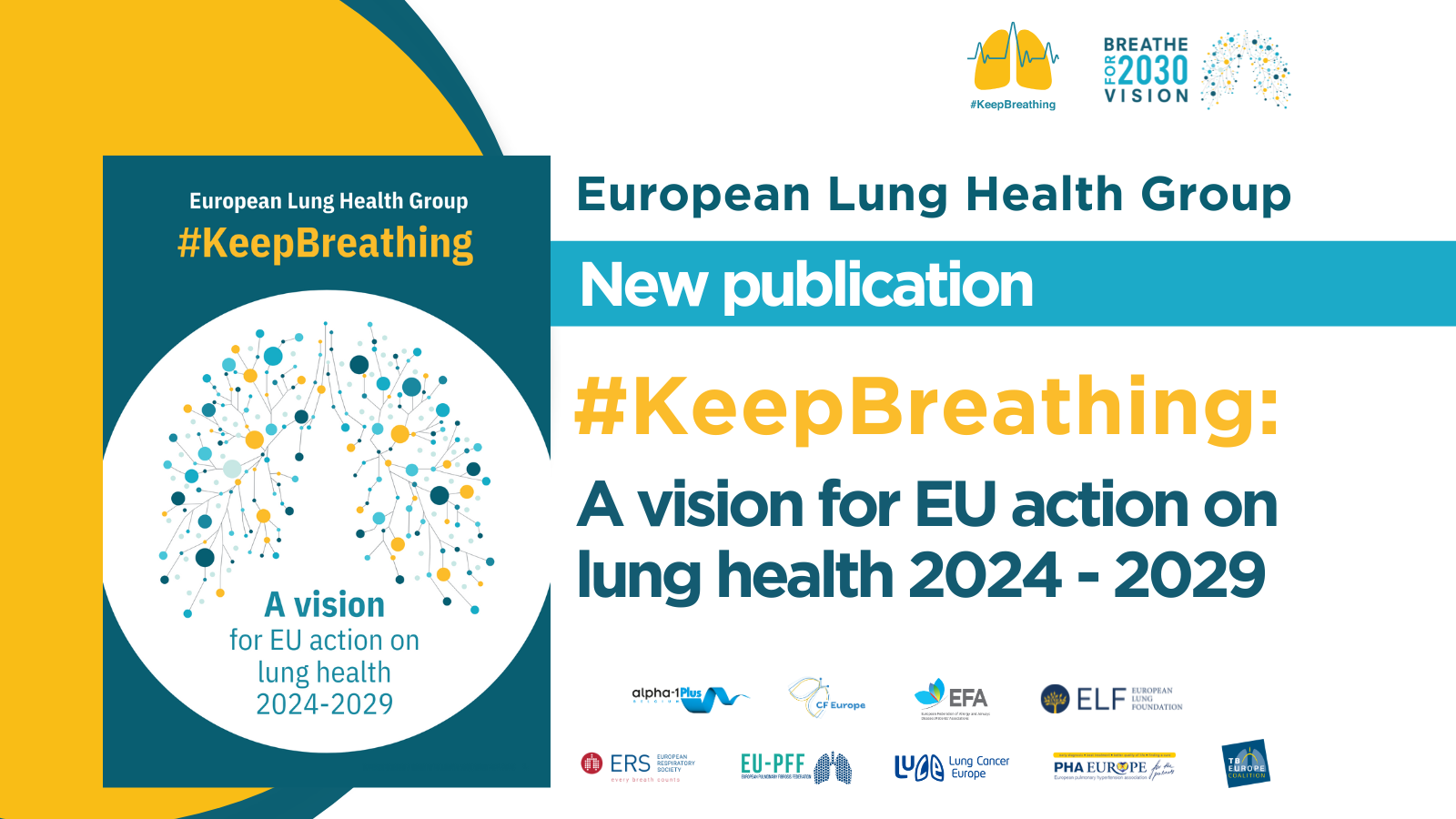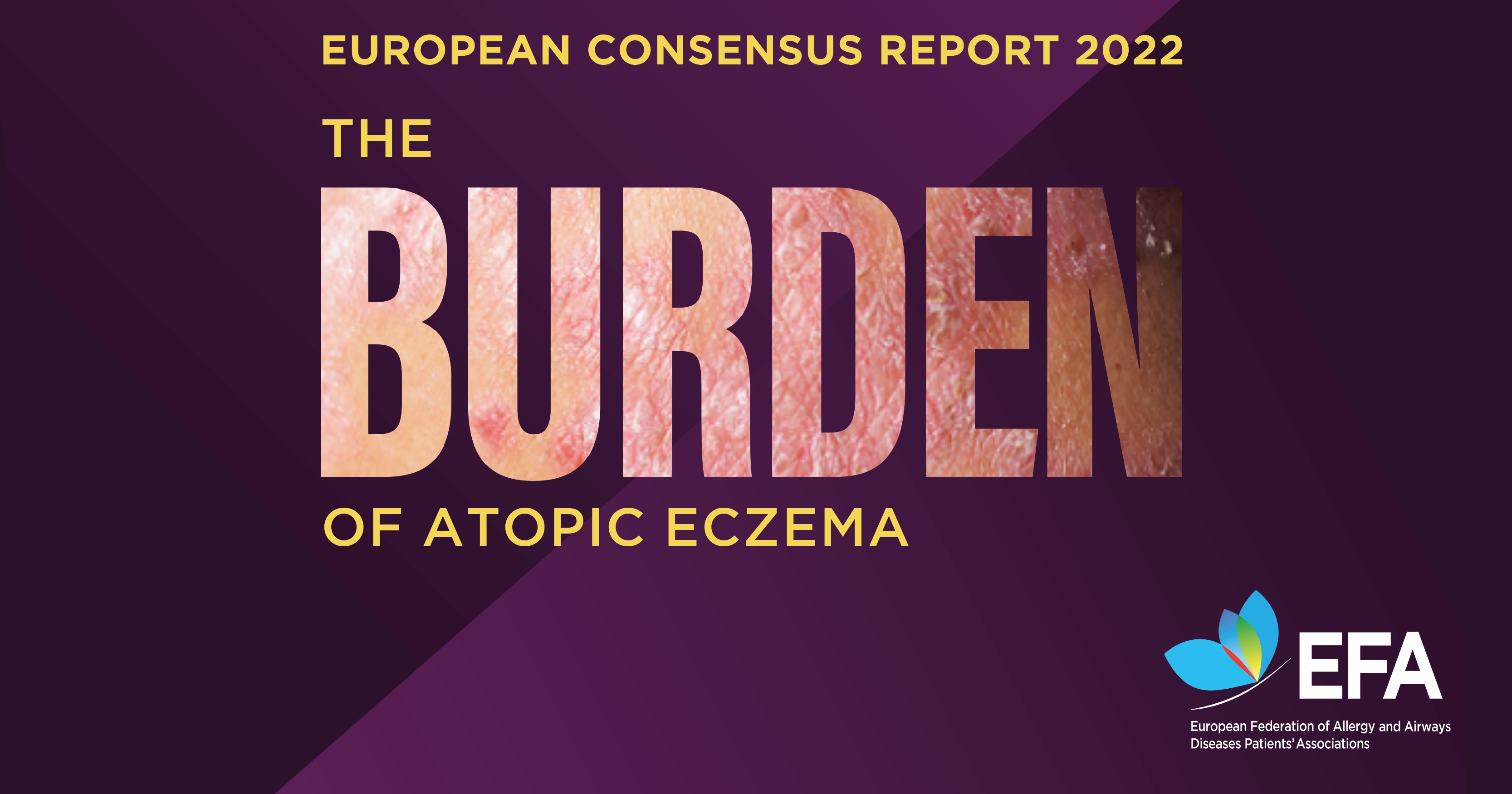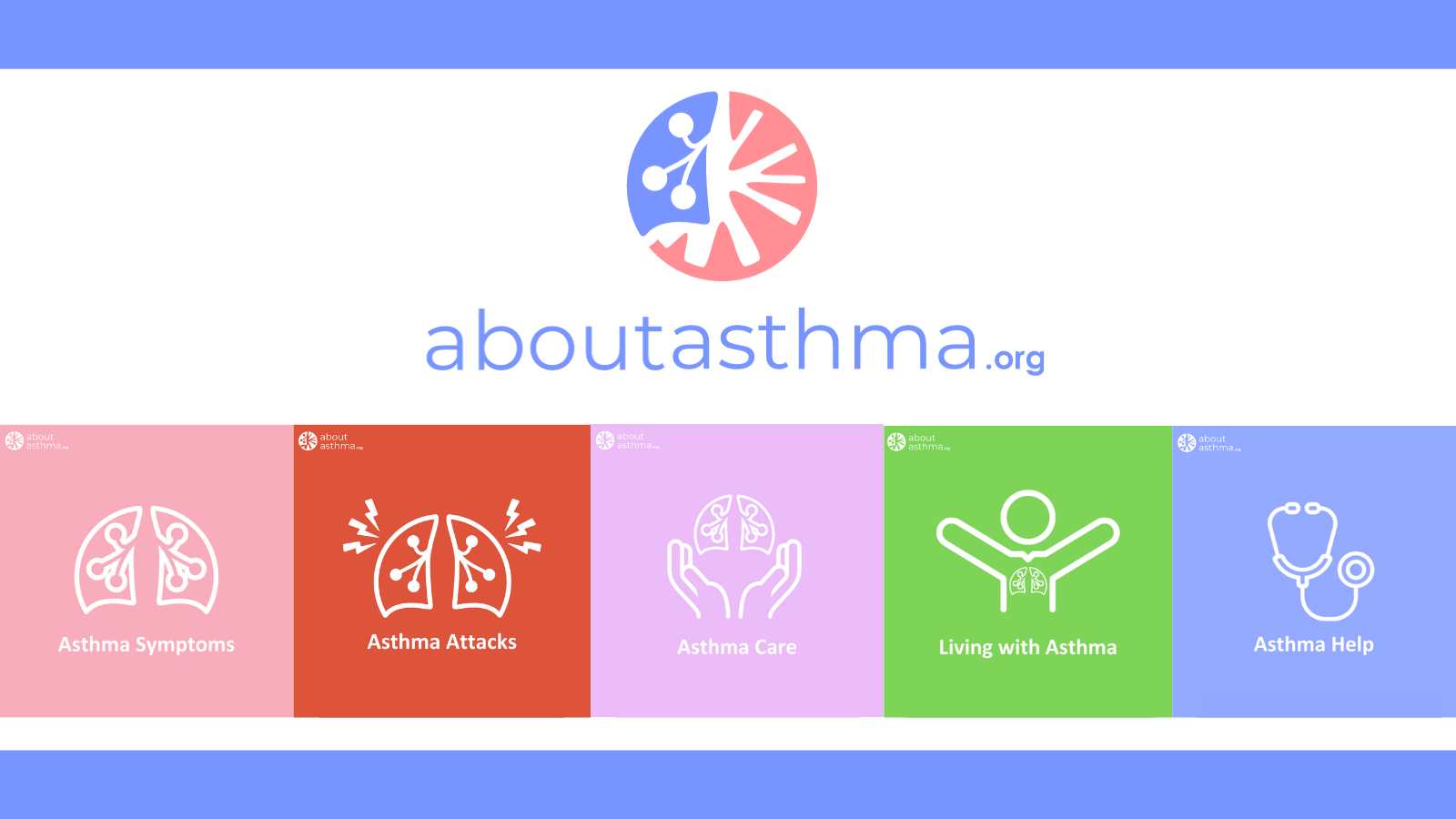The EFA team visited FENAER in Malaga, Spain on the 4th of November for the second meeting of EFA Capacity Building project. EFA representatives Antje Fink-Wagner, Giuseppe De Carlo and Joke De Vocht met with 16 representatives of 9 FENAER member organizations active in Spain in the field of respiratory diseases.
After a round of presentations, EFA Corporate Relations and Fundraising Manager discussed FENAER’s core structural aspects and highlighted the following underpinning issues:
- defining a clear mission, vision and objectives
- identifying the organizations’ purpose and methods
- detailing membership rights and obligations
This session was followed by a session on fundraising opportunities, aimed at providing inputs on ways to identify and maintain corporate partnerships. The group also explored how to present a framework for a sustainable corporate partnership, which can serve as the main document for achieving stable funding sources. The session also covered how to develop and structure a workplan detailing FENAER’s strategic priorities.
The organisation’s communication activities were also discussed. We mainly focusing on the content, particularly the prioritisation of key messages, of what is communicated and the right timing (important windows to communicate on respiratory illnesses being ‘World Copd Day’ and ‘World Asthma Day’). Another important point raised during this meeting was the need to raise FENAER’s visibility, by increasing the usage of the organisation’s name and logo.
The second part of the meeting was moderated by Diego Villalon, from Fundación MÁS QUE IDEAS who engaged the participants in an open discussion aimed at highlighting FENAER’s strengths, threats, weaknesses and opportunities. He then divided them in four small groups in order to identify benefits and barriers of collaborating with a) public health authorities, b) healthcare companies, c) healthcare professionals and d) other patient organizations or NGOs.
This internal session enabled participants to identify the organisation’s strengths and threats, while also discussing the need for cooperation with other NGOs and national stakeholders. This will help them with the development of external collaborations and to overcome their challenges.
In the final part of the meeting EFA Project Manager Giuseppe De Carlo provided some insight into the ways to support and involve volunteers in non-profit organization activities.
Overall attendees were pleased with the capacity building meeting and the feedback provided was that the programme offered a good overview of the challenges faced by organisations, and provided interesting solutions for improvement. It also provided potential funding opportunities that could benefit the organisation’s development. Based on the participants’ evaluation, we see a real need to organise similar meetings and trainings in the future.
